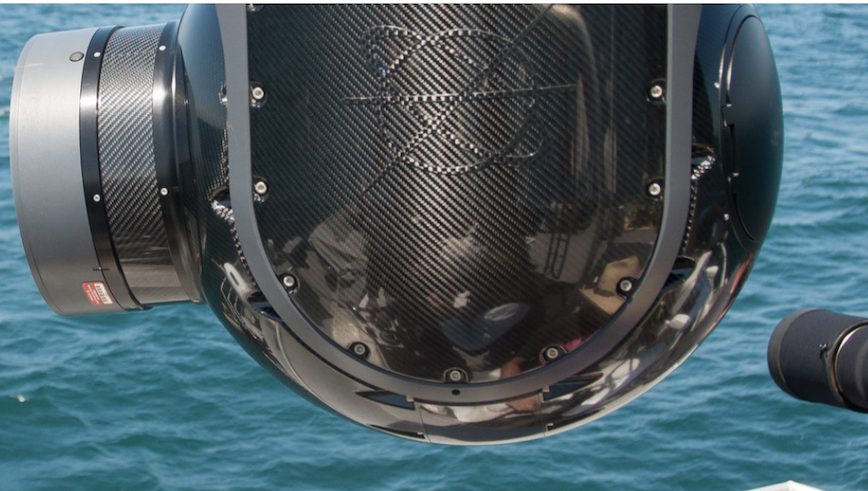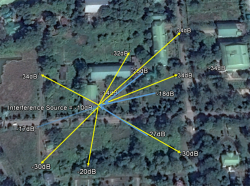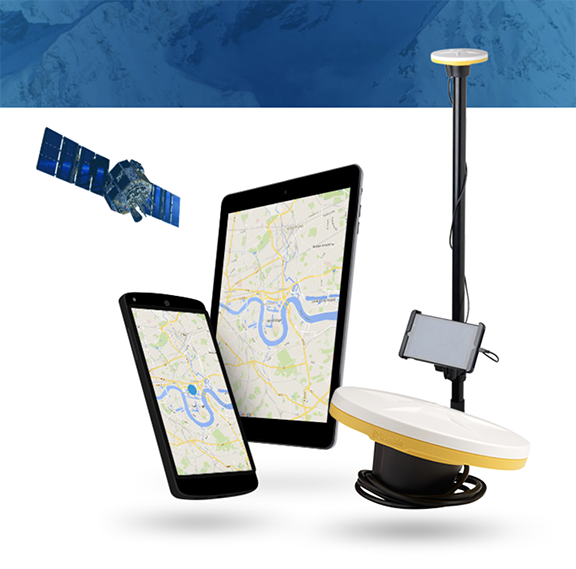High standards for technology in the lab and in the factory are all very fine, but what matters most is how it works in industrial application. We take a close-up look at inertial measurement and inertial navigation in such real-world cases as
• oil and gas pipeline inspection,
• stabilization of optical camera platforms and
• autonomous cargo transport.
Register now to view on demand.
Three experts in the application of inertial technology discuss the challenges they confront daily in their respective fields, and how they achieve rock-solid success with gyroscopes from KVH.
In the inspection of oil and gas pipelines, gyroscopes within a “pig” that travels the internal length of the pipeline, from 900 meters to 900 kilometers, give the centerline coordinates as well as measurement of any bending strain on the conduit. Onstream Pipeline Inspection Services looks for integrity threats such as corrosion, deformation and strain events. Inertial mapping units are used for calculation of bend strain and to give positional information to be able to locate the other threats correctly. Their main challenges are size, low power consumption, inertial accuracy, gyro rate and ITAR restrictions.
For sight optimization of optical payloads on air, land and sea, Gyro Stabilized Systems designed an open architecture platform that is versatile and interchangeable, adapting to different gimbals that may carry infrared, corona cameras, radiometric sensors, gas detection, still cameras, broadcast cameras, and cinema production with long lenses. Their byword is diversity, with the ability ability to customize and quickly switch out sensor payloads. The presentation includes a quick gimbal tutorial, what to look at when selecting sensors, the caveats and tradeoffs in building 5-axis and 6-axis systems with innovative steer and control modes. Results of payload stabilization in helicopters and other moving platforms demonstrate that at the heart of success is a really good inertial sensor.
Finally, we turn to the future of drone delivery, where an exciting start-up is bringing same-day shipping to everyone in the world: the first autonomous drone capable of delivering 300 to 500 pounds of cargo over a 300-mile range, with no need for an airport or electric charging station. Elroy Air recently announced a partnership with NASA to accelerate the integration of autonomous cargo aircraft in the U.S. Its current Chaparral model boasts a hybrid-electric powertrain and the ability for autonomous cargo loading and unloading, allowing a single pilot to operate a fleet of 10–50 UAVs from a remote location. Again, the inertial sensor proves essential to mission accomplished.
Register here: Inertial in the Field: Wide-ranging Applications of High-Accuracy Gyroscopes and the Challenges They Face.
Photo Courtesy GSS.
Our expert panel of speakers:
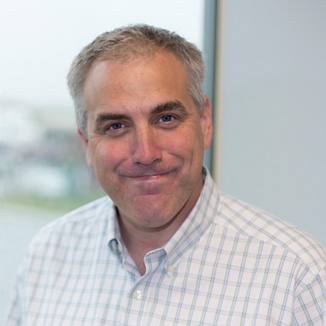 Stephen Westwood
Stephen Westwood
Senior Director, Engineering and Technology
Onstream Pipeline Inspection Services
Stephen brings over twenty years of design experience in In Line Inspection tools. He holds a PhD inExperimental Magnetism and BSc in Experimental Physics. Stephen’s expansive knowledge of pipeline inspection tool development includes algorithm development and magnetic design of In LineInspection tools. Previous roles have seen Stephen building and leading multi-disciplinary groups in new product development throughout his career. Stephen’s industry knowledge, experience and unparalleled reputation will be a driving factor in Onstream’s continued development and growth within the In Line Inspection industry.
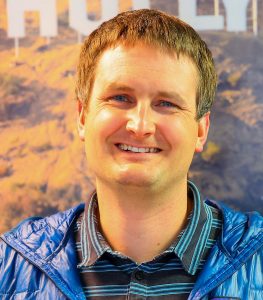 Michael Lewis
Michael Lewis
Software Engineering Manager
Gyro-Stabilized Systems
Michael Lewis is Software Engineering Manager for Gyro Stabilized Systems, LLC. Michael has designed and developed control systems and embedded software solutions for over 15 years and holds a BSEE from LeTourneau University.
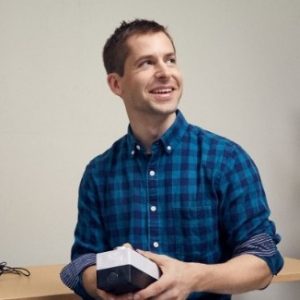 Buddy Michini
Buddy Michini
VP Engineering
Elroy Air
Buddy designs the navigation apparatus for this autonomous aerial cargo aircraft systems developer. He has a Ph.D. in autonomy and artificial intelligence from the Massachusetts Institute ofTechnology and is a licensed private pilot.

